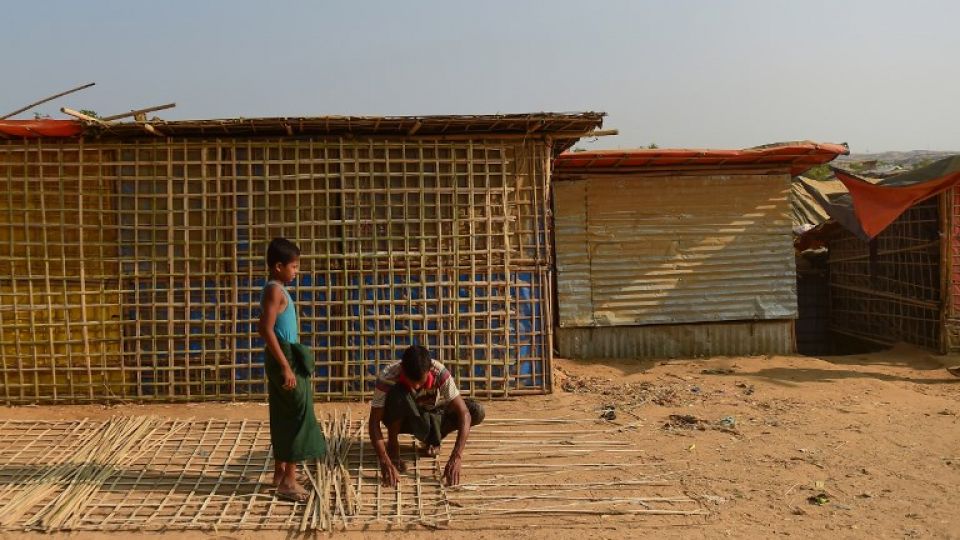April 17, 2018
Critics accuse Naypyidaw of orchestrating a publicity stunt after the government said it had repatriated five Rohingya refugees.
Myanmar has agreed this week to the return of a Rohingya family from a Bangladeshi refugee camp. The repatriation of the family, the first of what Myanmar promises will be many, is part of a deal struck between Naypyidaw and Dhaka to return the Rohingya to their place of origin.
Myanmar media and government officials hailed the repatriation and pointed to the ‘voluntary return’ of the family as signs that the Suu Kyi government were fulfilling its international obligations.
Many, including the Bangladeshi government and various rights groups, are challenging this version of events and accuse Naypyidaw of orchestrating a sham repatriation for publicity.
The BBC, Reuters, and AFP have been unable to verify the existence of the family and have been unable to locate their whereabouts.
Bangladeshi senior officials also say the family did not come from any of their camps and were squatting in an area heavily patrolled by Myanmar’s military.
Other rights groups have previously stated that Myanmar’s border regions were in no condition to house returning refugees and that further rights abuses were likely.
The United Nation’s High Commission for Refugees in a statement said that it “considers that conditions in Myanmar are not yet conducive for returns to be safe, dignified, and sustainable.”
“Burma has yet to end its military abuses against the Rohingya, let alone create conditions that would allow them to return home safely,” said Bill Frelick, refugee rights director at Human Rights Watch.
“This agreement looks more like a public relations effort by Burma to quickly close this ugly chapter than a serious effort to restore the rights of Rohingya and allow them to voluntarily return in safety and dignity.”
According to the UNHCR, over 647,000 Rohingya have sought refuge in Bangladesh since August 2017. The refugees fled communal violence perpetrated, at times, by Myanmar’s armed forces in response to sporadic insurgent-style attacks.
Called an ethnic cleansing by some UN officials, the systematic program of rape, forced evictions and killings have driven the Rohingya into neighbouring Bangladesh where many remain in refugee camps.
The Muslim Rohingya are not recognized in predominantly Buddhist Myanmar as an official ethnic group. They were stripped of their citizenship rights and are forced to identify as Bengali.


